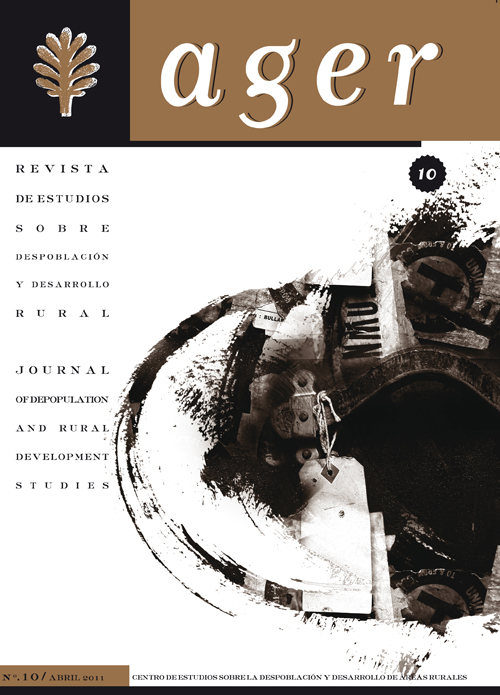Surviving developmentalism. Environmental inequality and social protest in Franco’s Spain (Aragón, 1950-1979)
Abstract
We use written sources and a regional perspective (focused on the region of Aragón) in order to analyze how the Spanish society was capable of articulating environmental protest during the Franco regime and the transition to democracy. Protest was motivated by the environmental inequalities inherent to the regime’s productivistic model. The perception of such inequalities can already be detected by the 1950s, during the early years of economic growth. Later decades show a shift in the kind of collective actions undertaken – from legal to subversive actions. During the transition, the perception of environmental inequality in terms of social justice led to the former getting inserted in the agenda towards democracy. In sum, it was an important source of delegitimation of the dictatorship’s welfare discourse in rural areas and relegated urban areas. A “fair distribution of environmental sacrifices” was reclaimed, as well as a number of social and inequalities rights informed by unprecedented community values.Downloads
Published
How to Cite
Issue
Section
License
Authors who publish in this journal agree to the following terms:
a. Authors retain their copyright and grant the journal the right of first publication of their work, which will be simultaneously subject to the Creative Commons Attribution Licence, which allows third parties to share the work provided that the author and the journal's first publication are acknowledged.
b. Authors may enter into other non-exclusive licensing agreements for the distribution of the published version of the work (e.g., depositing it in an institutional repository or publishing it in a monographic volume) provided that the initial publication in this journal is acknowledged.
c. Authors are permitted and encouraged to disseminate their work via the Internet (e.g. in institutional digital archives or on their website), which may lead to interesting exchanges and increase citations of the published work. (See The effect of open access).

